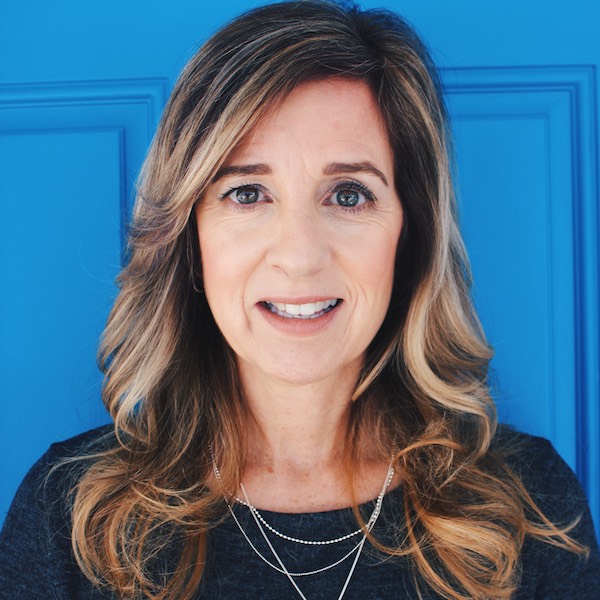When we wake up in the morning these days, there is little doubt we will be bombarded with evil in our world. Mass shootings, terrorist attacks, abductions, intentional fires, human trafficking, abortion laws loosened. Everywhere we turn, it seems evil abounds.
And it can hit very close to home. Our own personal journeys are fraught with evil as well. We suffer injustices, betrayals, abuses, and abandonment. Some of us have been hurt very badly by people in our lives. We have deep wounds.
How do we respond? How has God called us as Christians to respond to the evil that permeates our lives?
God asks us to do what seems like the impossible: return evil not with evil, not by retaliating, but instead with good. 1 Peter 3:9 tells us: Do not repay evil with evil or insult with insult. On the contrary, repay evil with blessing, because to this you were called so that you may inherit a blessing.

Current Series
Discover-Develop-Deploy Your Spiritual Gifts!
When we embrace and use the gifts He gives us, the Church, your community, and the world benefit!
Free MP3Listen NowGod has given us an amazing example of this in the life of Joseph. He lived a pretty intense existence, falling prey to all sorts of evil. He grew up in a dysfunctional family, and he was rejected by his siblings. He was sold into slavery, falsely accused and imprisoned. Then left in prison for years, completely forgotten. Joseph had many wounds to sort through. How did he not let the evil in his life crush him and make him bitter and vengeful?
In his Momentum series, Chip Ingram shares how Joseph overcame the evil that was aimed at him.
- He first focused on something he knew. Nothing comes into our lives by accident. Despite the evil in his life, Joseph knew an all-wise, sovereign God allowed all of it for good. People mean things for evil, but God turns them to good. Although we are hurting, and we may not like what we are going through, we need to trust our Heavenly Father like Joseph did – knowing He is faithful and just and good.
- The next step for Joseph was something he did. He blessed the very brothers that had betrayed him. Romans 12:14 says, Bless those who persecute you; bless and do not curse. When we want to pay evil for evil, God says no. We will ultimately find it very powerful to bless someone who has wronged us. It does something deep in our hearts, a kind of supernatural healing. It is important, however, to keep boundaries. We need to do good to those who hurt us in a safe and appropriate way so they cannot hurt us again. Chip suggests writing a letter or doing something anonymously to bless them.
- And lastly, Joseph refused to take revenge. He chose to forgive those who hurt him and he released them from the retribution they deserved. We need to choose forgiveness as well. We need to pray for those who have hurt us. When we do, a true, deep work of healing can take place inside of us.
Evil that enters our lives is devastating and life-altering, and we often cannot escape from it. But like Joseph, we can overcome this evil in a mighty way by remembering we have an all-wise and powerful God who loves us and will turn even the worst evil into good for us. If we choose to bless and forgive those who wrong us and pray for them, God will do a work in our hearts. And the promise God gives us in 1 Peter 3:9 will come true … so that you may inherit a blessing.

Written By
Edel Gunnink
Edel is a busy mom of five very active kids, wife to one very adventurous husband, and caretaker of one very spoiled dog. When she is not homeschooling her kids or accomplishing the many drives on her carpool app, she enjoys workout classes, long walks, a good book, dinner out with friends, and lots of traveling. She and her family have ventured to 31 states in their RV with plans to visit all 50 states and recently they experienced an amazing family trip to Italy. Before writing for Living on the Edge, Edel enjoyed her position as a public school teacher and then principal of a Christian school. She has a Bachelor of Arts from Boston University and completed her Masters of Education at Harvard University.
More Articles by Edel


